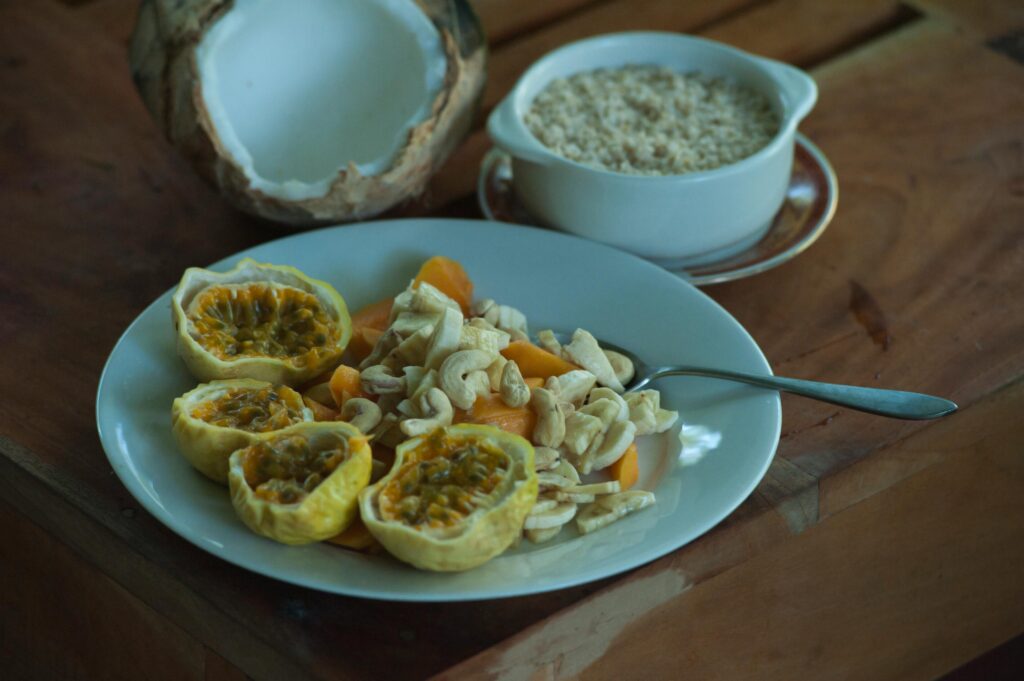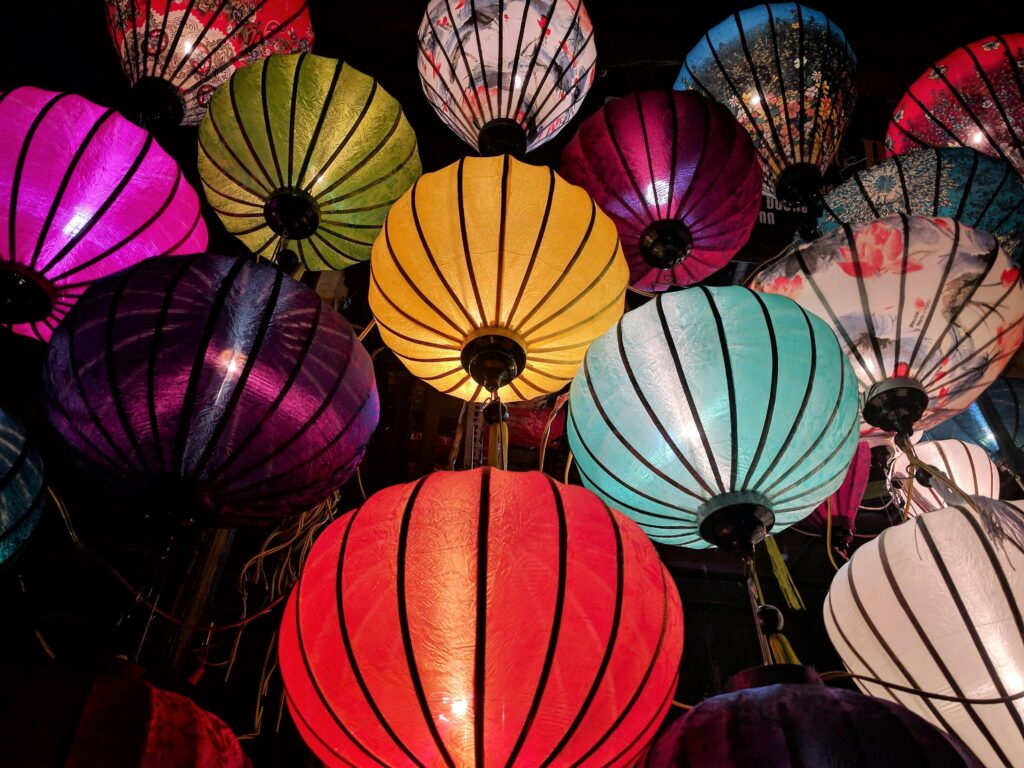In the heart of April, when the mango trees are heavy with fruit and the air smells of incense and fresh sweets, Sri Lankan homes come alive with rhythm and ritual. The drums beat, the oil lamps glow, and families gather to welcome a new beginning — it’s Aluth Avurudu, the Sinhala and Tamil New Year.
Unlike the Western New Year celebrated on December 31st, Sri Lankan New Year falls in mid-April and blends astrology, spirituality, and centuries of tradition. Whether you’re visiting Sri Lanka during this vibrant season or invited to join a local family’s festivities, here’s everything you need to know about New Year in Sri Lanka — and what to expect around gifts, etiquette, and celebration customs.
🗓 When Is the Sri Lankan New Year Celebrated?
Sri Lankan New Year is celebrated between April 13 and 15, based on astrological calculations marking the sun’s transition from the House of Pisces to the House of Aries. The holiday is observed by both the Sinhalese (Aluth Avurudu) and Tamils (Puthandu) with some regional variations.
Unlike the Western New Year, where the clock strikes midnight, the “neutral period” (Nonagathe) — when no work is done — is part of the ritual, symbolizing transition and reflection.
🌞 Key Traditions of the Sri Lankan New Year
The Sri Lankan New Year is deeply symbolic and highly ritualized, rooted in family, community, and astrology. Here’s a look at the key customs that shape the celebration:
🪔 1. Lighting the Hearth
The New Year begins with lighting the traditional hearth at an astrologically designated time. This act symbolizes the start of a prosperous year and is followed by the preparation of traditional dishes.
🍚 2. First Meal: Kiribath and Sweets
Families prepare and share a meal of kiribath (milk rice), served with spicy sambol and a variety of traditional sweets like:
- Kokis (crispy rice flour fritters)
- Kevum (oil cakes)
- Aluwa (spiced rice flour sweets)
- Banana and jaggery treats
🛐 3. Religious Observance
People visit temples to make offerings, light oil lamps, and receive blessings for the year ahead. The emphasis is on cleansing, gratitude, and charity.
🤝 4. Anointing with Herbal Oils
Elders apply medicinal oil to the heads of younger family members, offering blessings for health and well-being.
🧒 5. Games and Community Events
After rituals, the mood turns festive. Children and adults participate in Avurudu games like:
- Pillow fights
- Tug of war
- Musical chairs
- Climbing the grease pole
Many villages organize Avurudu Kumari (New Year Queen) pageants, fun competitions, and cultural performances.
🏡 What to Expect When Invited to a Sri Lankan New Year Celebration
Being invited into a Sri Lankan home during Aluth Avurudu is an honor. Here’s how to be a respectful and appreciated guest:
🕰️ Timing Matters
Unlike Western parties, arrival times are often tied to auspicious hours. If you’re joining for a meal, check with your host about the expected time — many families follow astrologically determined hours for meals and rituals.
👕 Dress Modestly
Wear clean, modest clothing — bright, traditional colors are appreciated. Whites, reds, and golds are popular. If you have access to Sri Lankan or South Asian attire (like a kurta or saree), it’s a lovely gesture.
🍽️ Try Everything (Even Just a Bite)
You’ll be served a variety of sweet and savory items. Try a little of each to show appreciation — and always thank the host.

🎁 Gift Etiquette for Sri Lankan New Year
Although gift-giving is not central to Aluth Avurudu, small tokens are increasingly common — especially in urban areas or when visiting someone’s home.
Thoughtful Gift Ideas:
- A box of sweets or dried fruit
- Fresh flowers (learn what different blooms symbolize around the world in our guide to flower gifting)
- A small ornamental item or handcrafted good
- A children’s book or toy, if there are kids in the home
- Tea or a local treat (if you’re visiting from abroad)
If you’re staying with a family, consider bringing a gift from your own culture as a sign of goodwill.
What Not to Give:
- Avoid alcohol, unless you’re sure it’s welcome — it’s generally not associated with Avurudu.
- Skip flashy or expensive gifts; humble and thoughtful is better.
🌿 The Spirit of Aluth Avurudu: More Than a New Year
Aluth Avurudu is not just about marking a calendar change — it’s about renewal, family, gratitude, and unity. It’s a time when:
- Old debts are cleared
- Homes are cleaned and redecorated
- People reconnect across generations
- Kindness, patience, and generosity are emphasized
It’s also a time of pause — no business is conducted during the Nonagathe period, and even cooking pauses briefly as families reflect and prepare spiritually.
Final Thoughts: Celebrate the Sri Lankan Way
Whether you’re joining a family meal, watching games in a village square, or simply savoring a plate of kiribath, celebrating Sri Lankan New Year is a rich and meaningful experience.
Rooted in tradition yet full of joy, Avurudu is a reminder that the best new beginnings start with reflection, family, and a full heart — not just a full calendar.
As they say in Sinhala and Tamil:
“Suba Aluth Avuruddak Wewa!” (May you have a prosperous New Year!)
“Puthandu Vazthukal!” (Happy New Year!)


